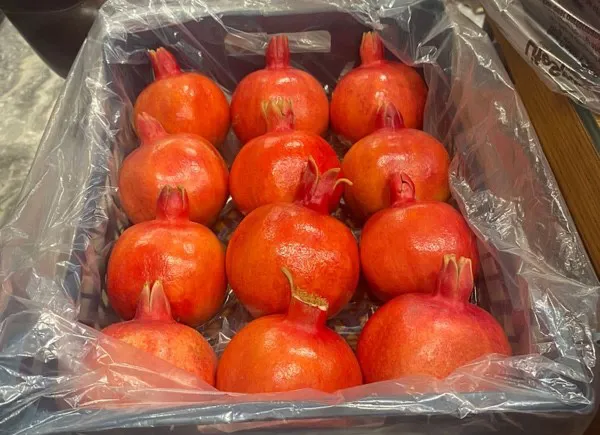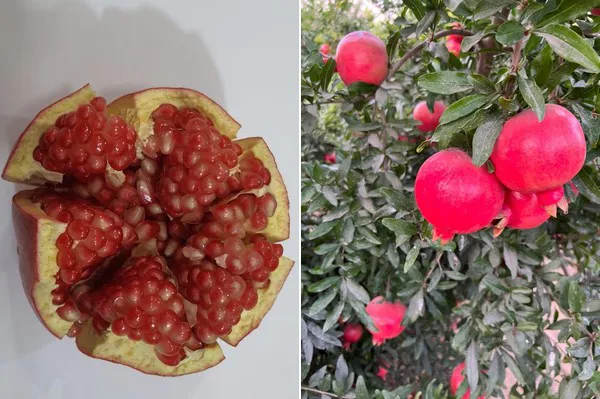The Egyptian pomegranate season is about to kick off. Although the earliest variety isn’t perfectly suited for long transit, demand is there from Eastern Europe as well as some countries in the Far East. Prices are expected to be high, as costs for shipping and packing are also sitting at a high level.

The season of pomegranates in Egypt has almost started, says Mostafa Ali, commercial manager for Rula: “We’re about to begin the harvest of the 116 variety. 116 is a ‘lucky’ variety because when it is harvested there are no pomegranates on most of the markets around the world. That said, the quality of the 116 variety doesn’t fit with long transit time shipments, because of the high acidity the variety contains. Egypt has two other pomegranates varieties, that will start later during the season. The Baladi variety will start around the middle of September and the Wonderful variety will start by the end of September, or beginning of October.”
Ali states that the demand for the 116 variety is good at the moment. “As said, shipping the 116 variety is riskier the longer the transit time is. We’re seeing demand from Eastern Europe as well as countries like Malaysia and Singapore. Some Egyptian exporters faced bad results in the past by shipping the 116 variety to the Far East. Regarding European countries, Peruvian pomegranates will still be present at these markets and with cheap prices, which is why the European clients are not highly interested in the Egyptian pomegranates at the moment.”

Inflation is hitting hard in large parts of the world. Therefore it makes sense that prices for the fruits will also increase, Ali explains. “When it comes to the prices of raw materials needed to cultivate and export pomegranates, the situation is similar to last season. However, costs are high due to shipping rates as well as the packing material costs, which are reflected in the final price for pomegranates. This isn’t unique to pomegranates, as I expect consumers will have to accept higher prices on all luxury products like grapes, mangoes and strawberries, especially on the European markets. I expect most of the pomegranate exporters will be careful because Egypt has already faced a very dramatic grape season with tough losses. We hope that the pomegranate season will fare better.”
For more information:
Mostafa Ali
Rula for Land Reclamation
Tel: +201007350313
Email: Mustafa.ali@wadigroup.com.eg
www.rulafarms.com
